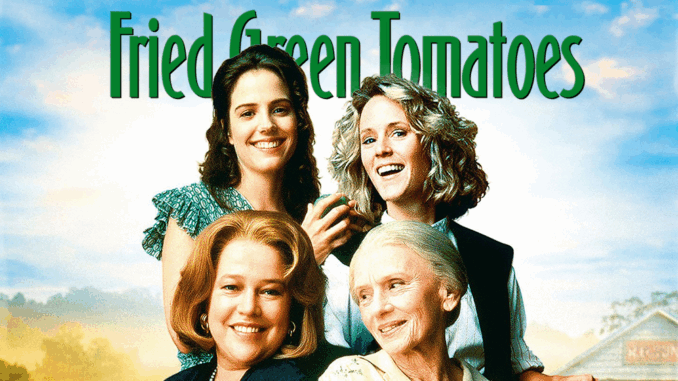
The Whistle Stop Café – More Than Just a Diner
In Fried Green Tomatoes, the Whistle Stop Café isn’t merely a rustic backdrop for drama—it’s a cultural anchor that connects generations, heals wounds, and fosters rebellion. Food, served fresh from its kitchen, becomes a form of language—a way characters express care, resilience, and resistance.
From plates of fried green tomatoes to biscuits soaked in gravy, meals are acts of love and solidarity. When Idgie and Ruth reopen the café, it’s not just about business; it’s about building a community that includes Black workers and marginalized voices, even during a time when segregation still ruled the South.
Food as a Symbol of Empowerment and Survival

The café is where Ruth finds peace after escaping abuse, and where Idgie finds purpose beyond grief. Their culinary efforts become transformative. For Evelyn Couch, hearing about the café inspires her awakening. The warmth of these shared meals—often served free to those in need—contrasts the coldness of societal cruelty outside its walls.
A Feminist Reading of Southern Cooking
Southern food has historically been dismissed as domestic labor, often relegated to the domain of women and people of color. But in the film, cooking becomes revolutionary. It’s how women claim space, identity, and legacy. The act of feeding others transforms from duty into defiance.
In this light, the café doesn’t just serve food—it serves as a resistance movement disguised in gingham and cornbread. Food becomes the glue binding past to present, oppression to emancipation, and grief to joy.
